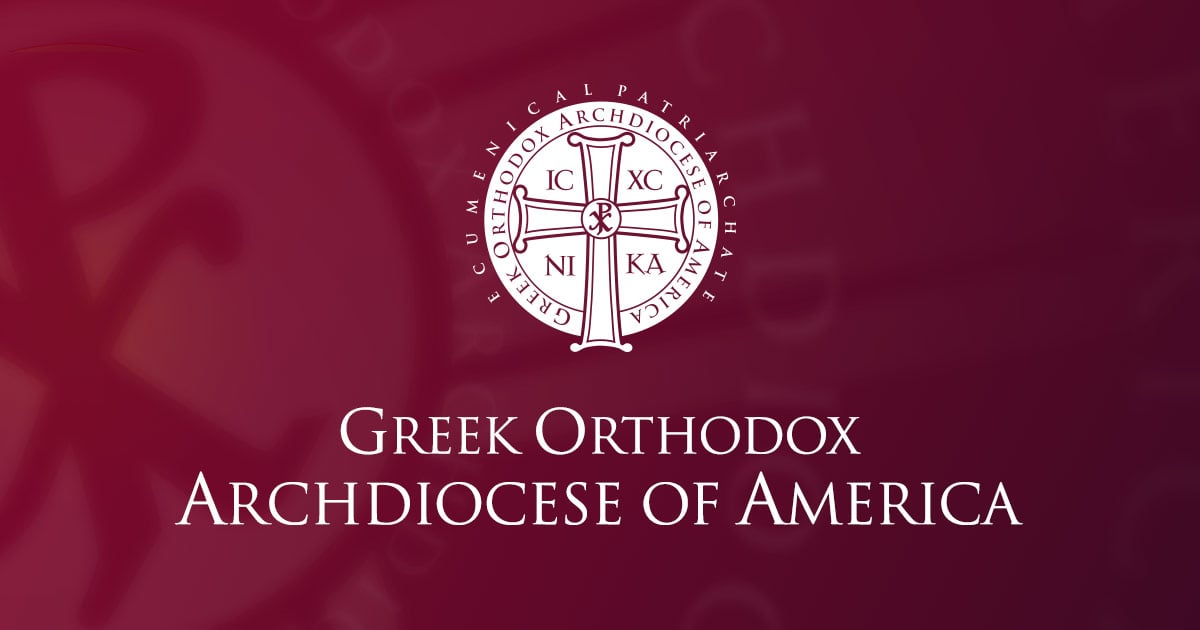I am of Dominican descent and my husband and I had an Orthodox wedding, but I didn't convert. I want to learn about the religion more to better connect with him and his side of the family ... what types of things should I look at? I found this link online and found it informative. How should I learn about Greek Orthodox?

 www.goarch.org
www.goarch.org

Introduction: What Is The Greek Orthodox Church? - Greek Orthodox Archdiocese of America - Orthodox Church
Volumes have been written on the inexhaustible treasures of our Greek Orthodox heritage. It is not the purpose of this guidebook to instruct its readers in Orthodox theology or Church history. However, it is important to understand that everything we do is based upon the premise that the...


